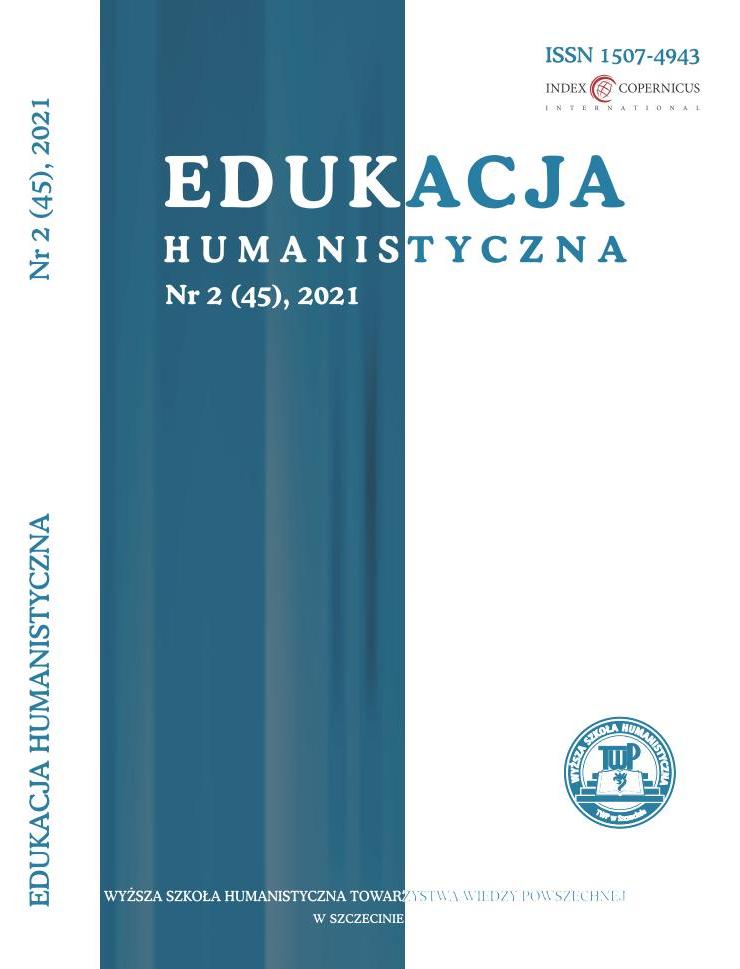Mistycyzm i ezoteryzm a koncepcje godności człowieka w renesansowych Włoszech
Mysticism and esoterism in the concepts of human dignity in the Italian renaissance.
Author(s): Joanna Smoluk-StachowskaSubject(s): Social Sciences, Theology and Religion
Published by: Wydawnictwo OR TWP w Szczecinie
Keywords: renaissance; human dignity; Pythagorean thought; Kabbalah;mysticism;
Summary/Abstract: This article presents different mystical and esoteric motifs gained mainly through Pythagorean thought, Eastern Hermeticism and Jewish mysticism called Kabbalah , which had a biggest impact on the formulation of the renaissance concept of the Dignity of Man in Italy. The ideas of united harmony – mystical union of the Universe, reincarnation with its theleological goals, human metamorphosis and vision of the world as a language reality – which is also an ontological fundament of all the Cosmos, inspired famous renaissance thinkers such as Marsilio Ficino, Giovanni Pico della Mirandola, Cristoforo Landino or Gianozzo Manetti. In this paper, the author shows, what influence could have this mystical assumptions - whose roots are in Eastern and Western mysticism – on the formulation of the renaissance concepts of Dignity of Man, which are also a fundamental base for modern anthropological thinking about human condition and dignity.
Journal: Edukacja Humanistyczna
- Issue Year: 2021
- Issue No: 2
- Page Range: 35-49
- Page Count: 15
- Language: English, Polish

